Black and white photographs
20 October 2018 • Yevgenia Belorusets
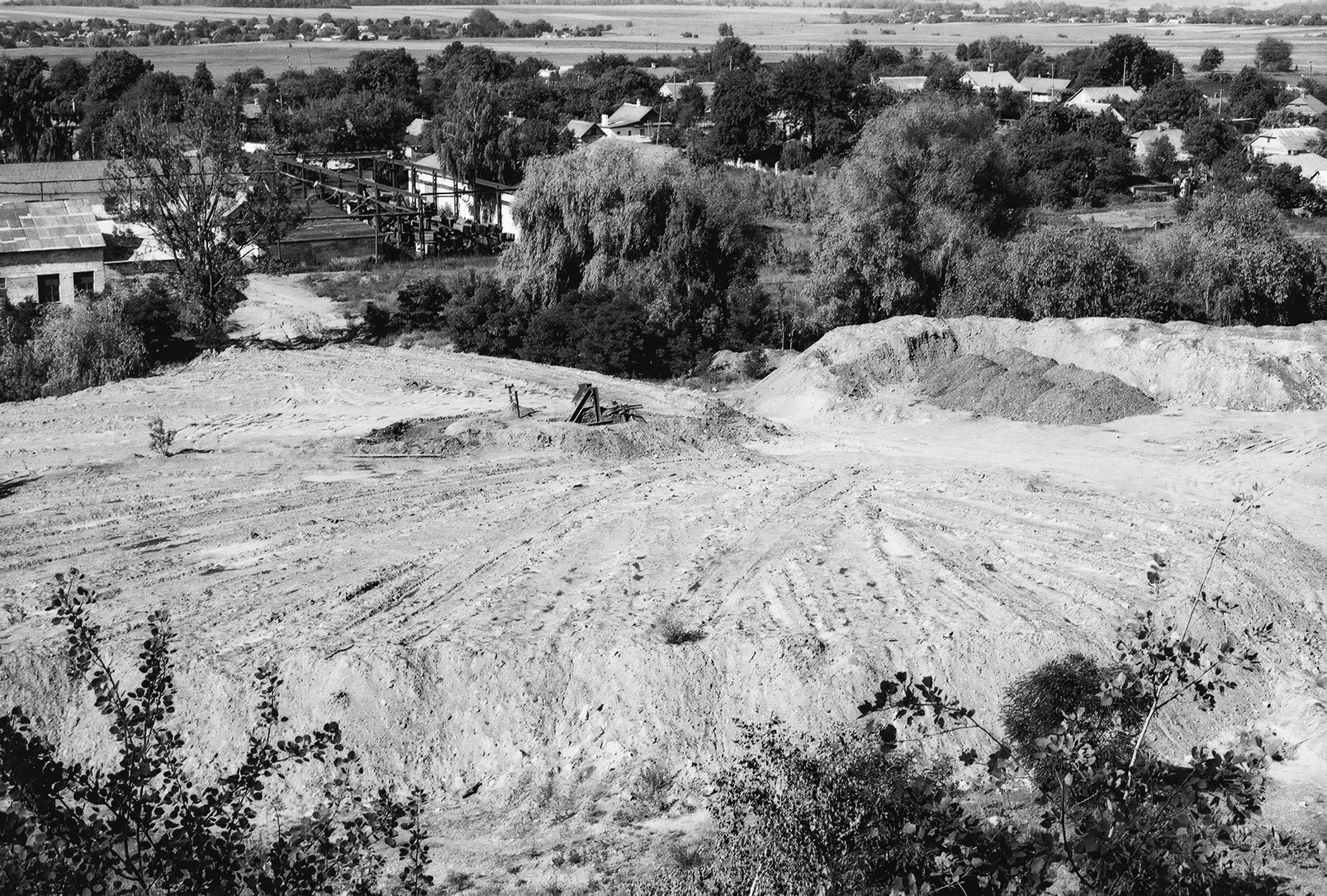
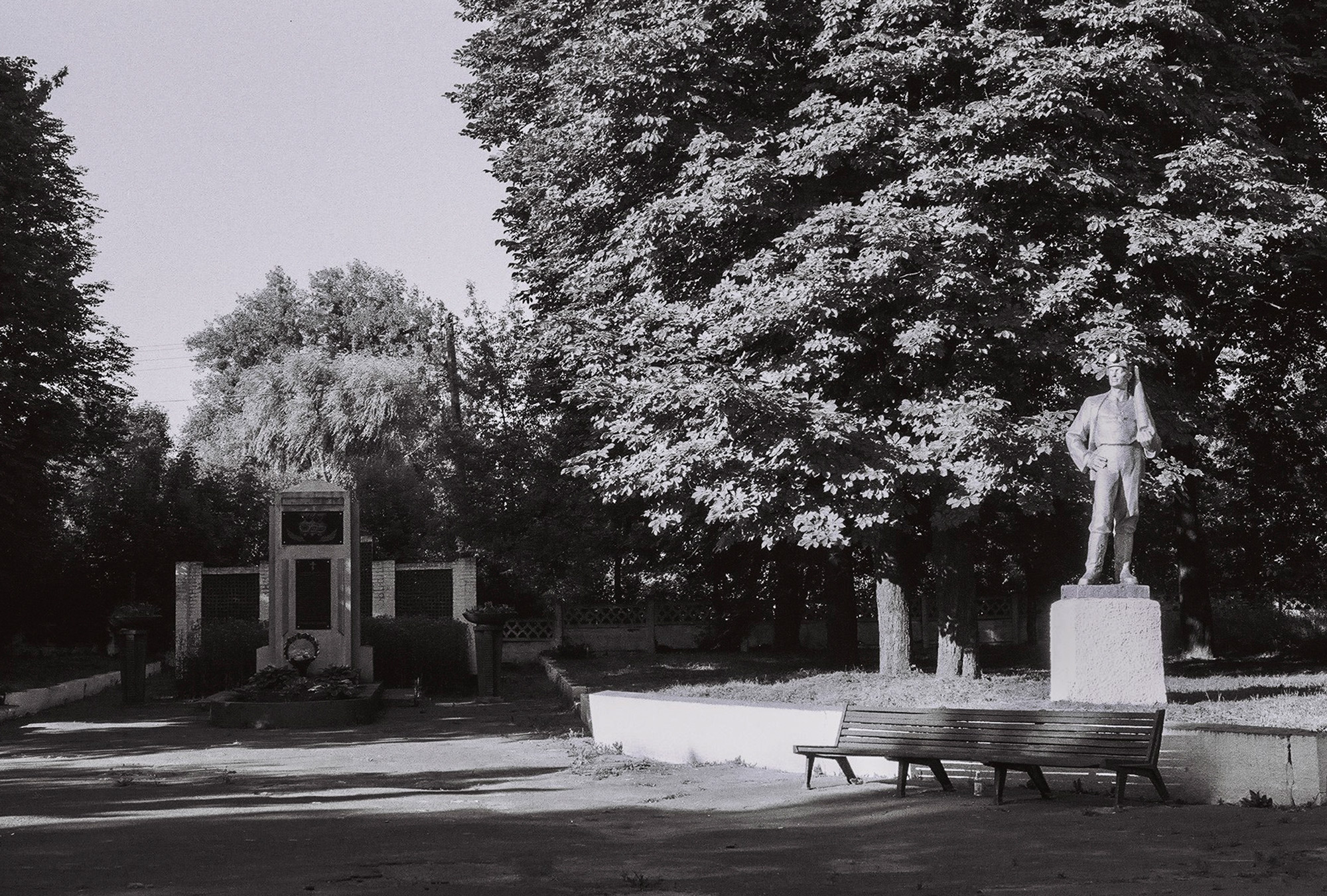
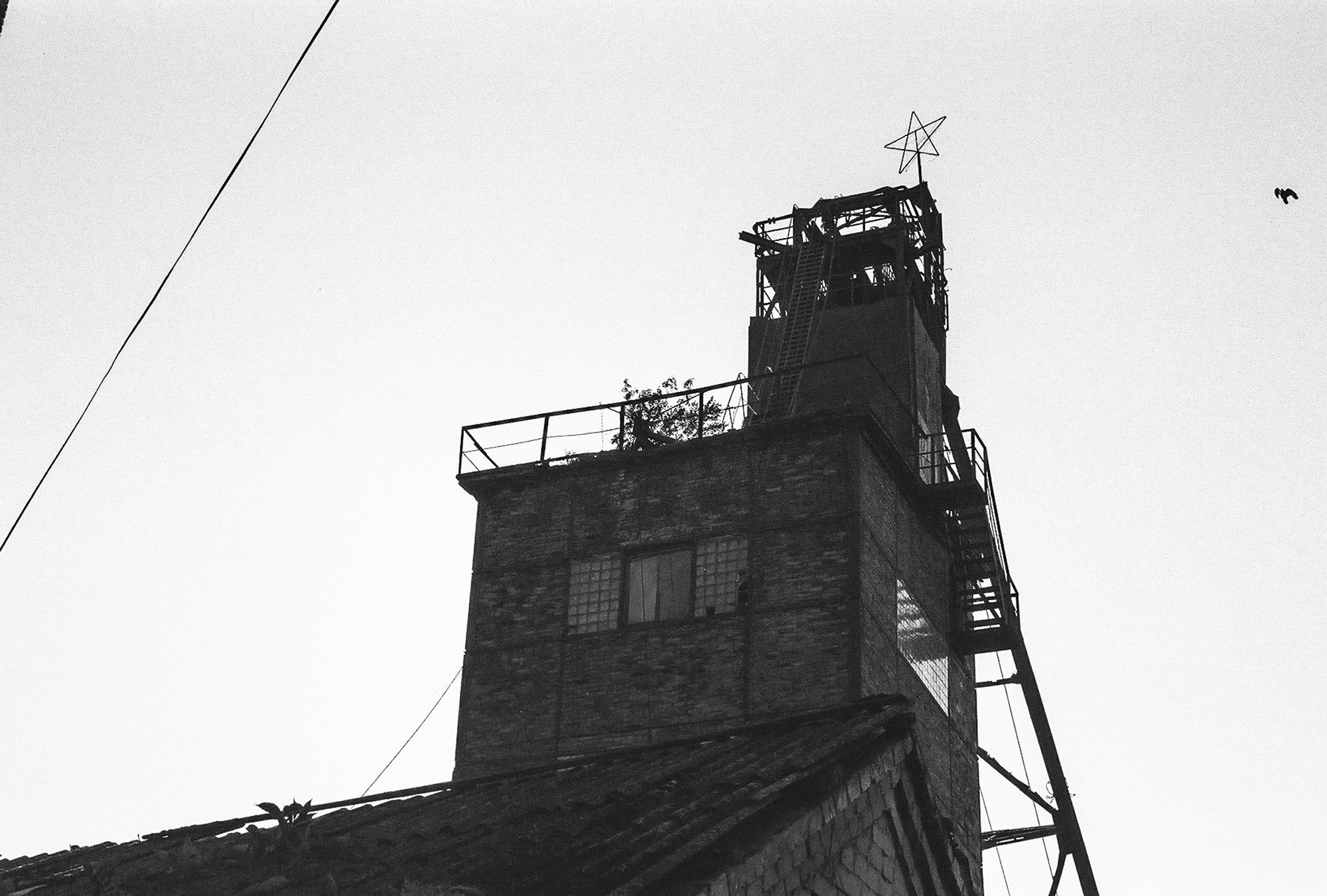
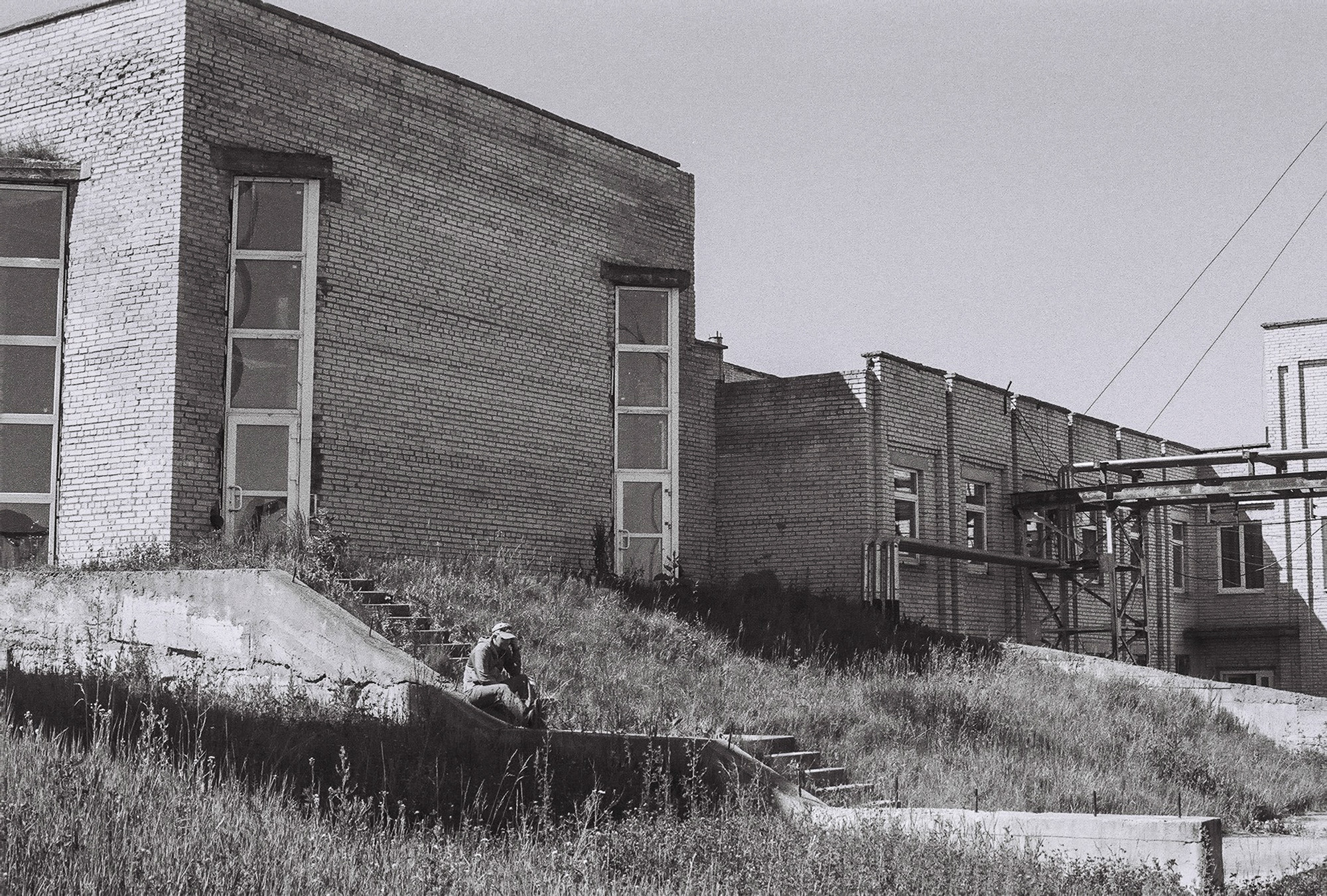
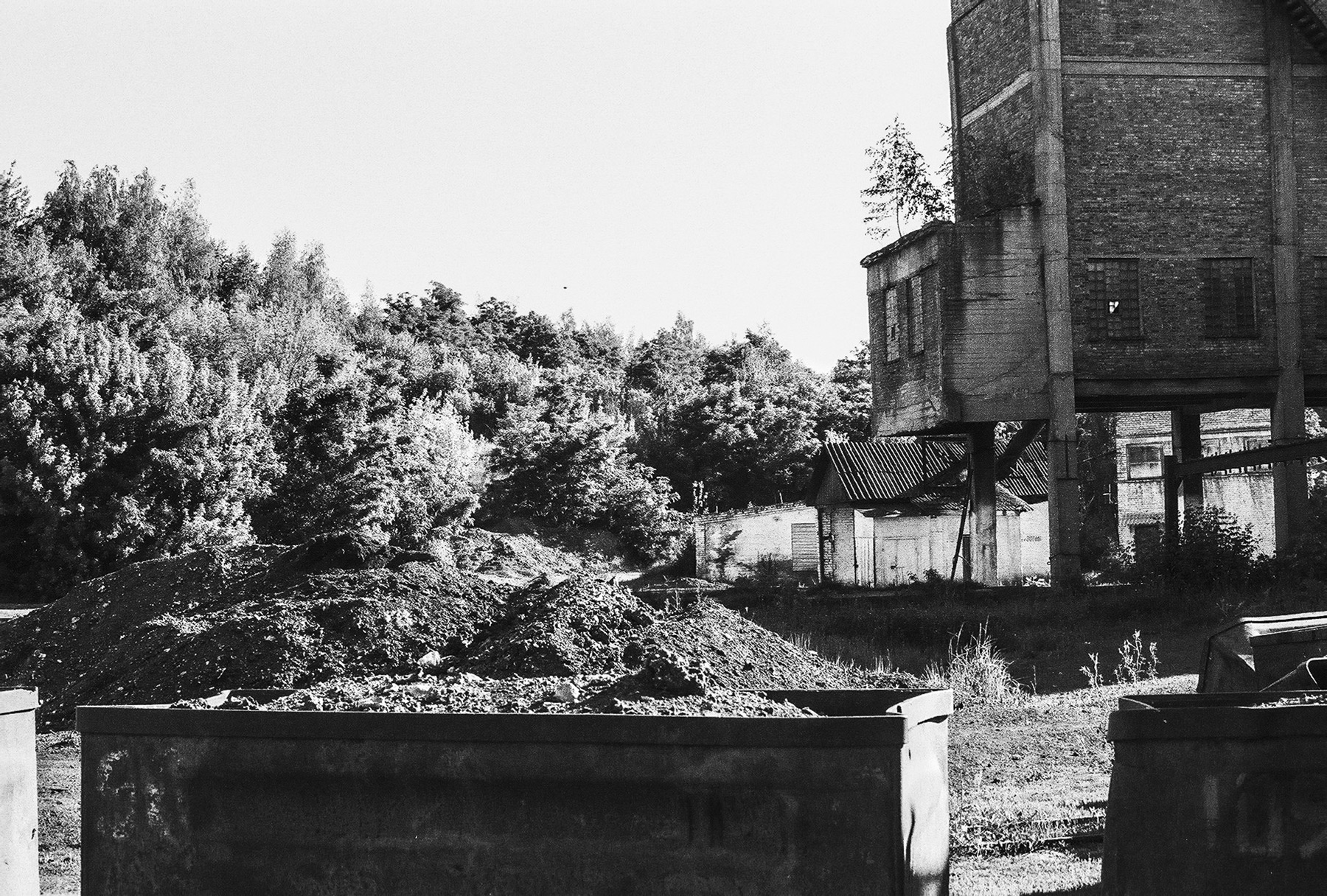
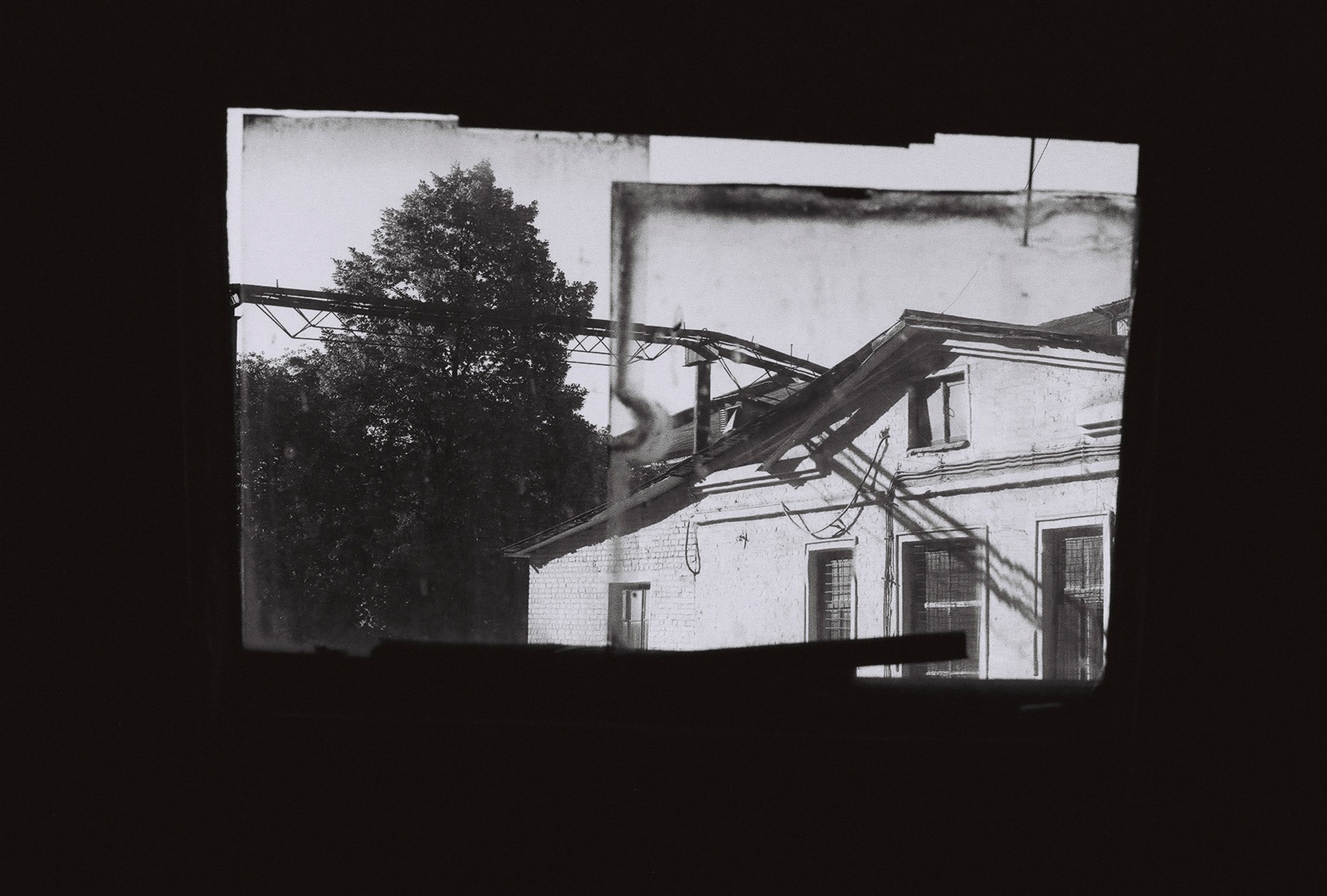
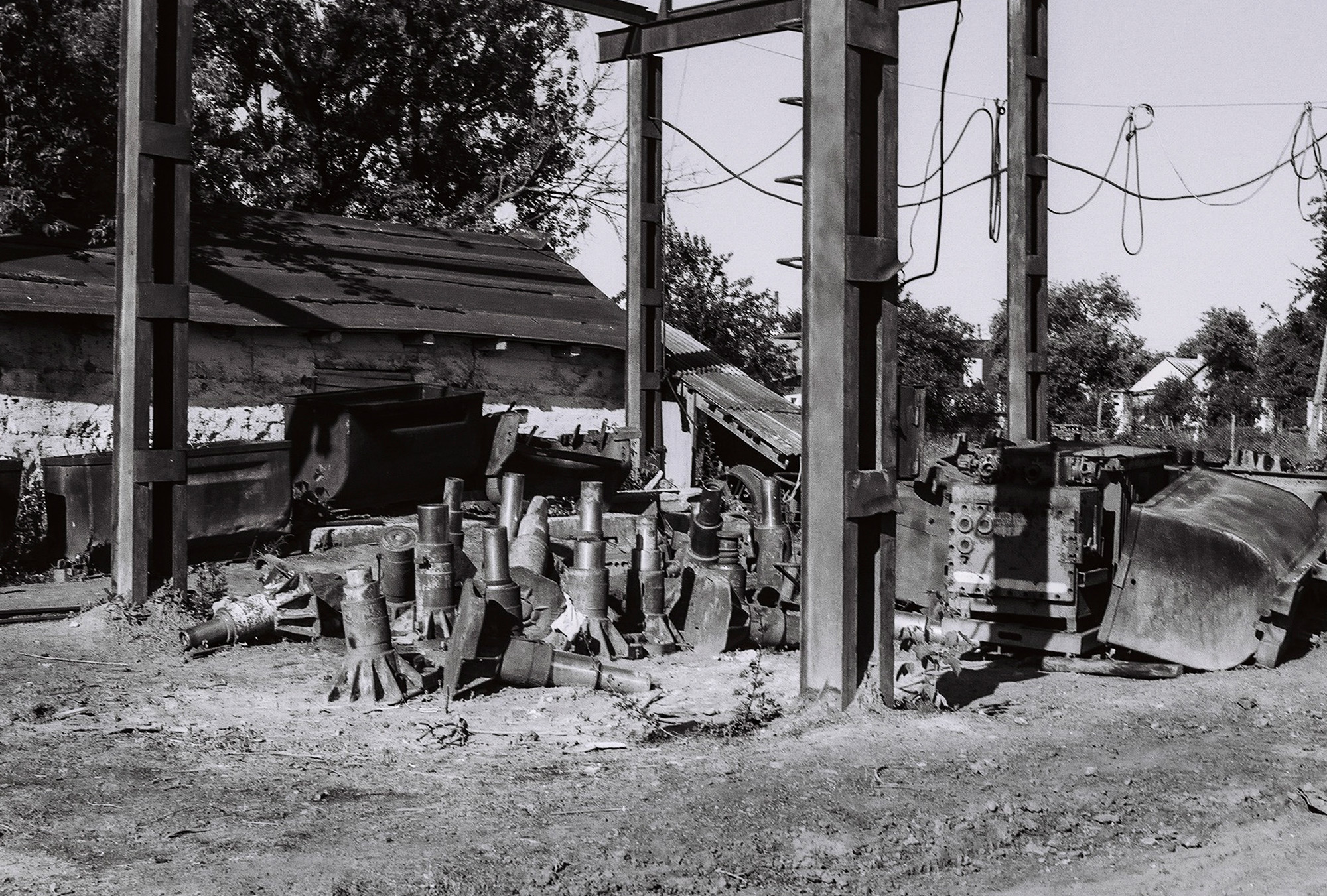
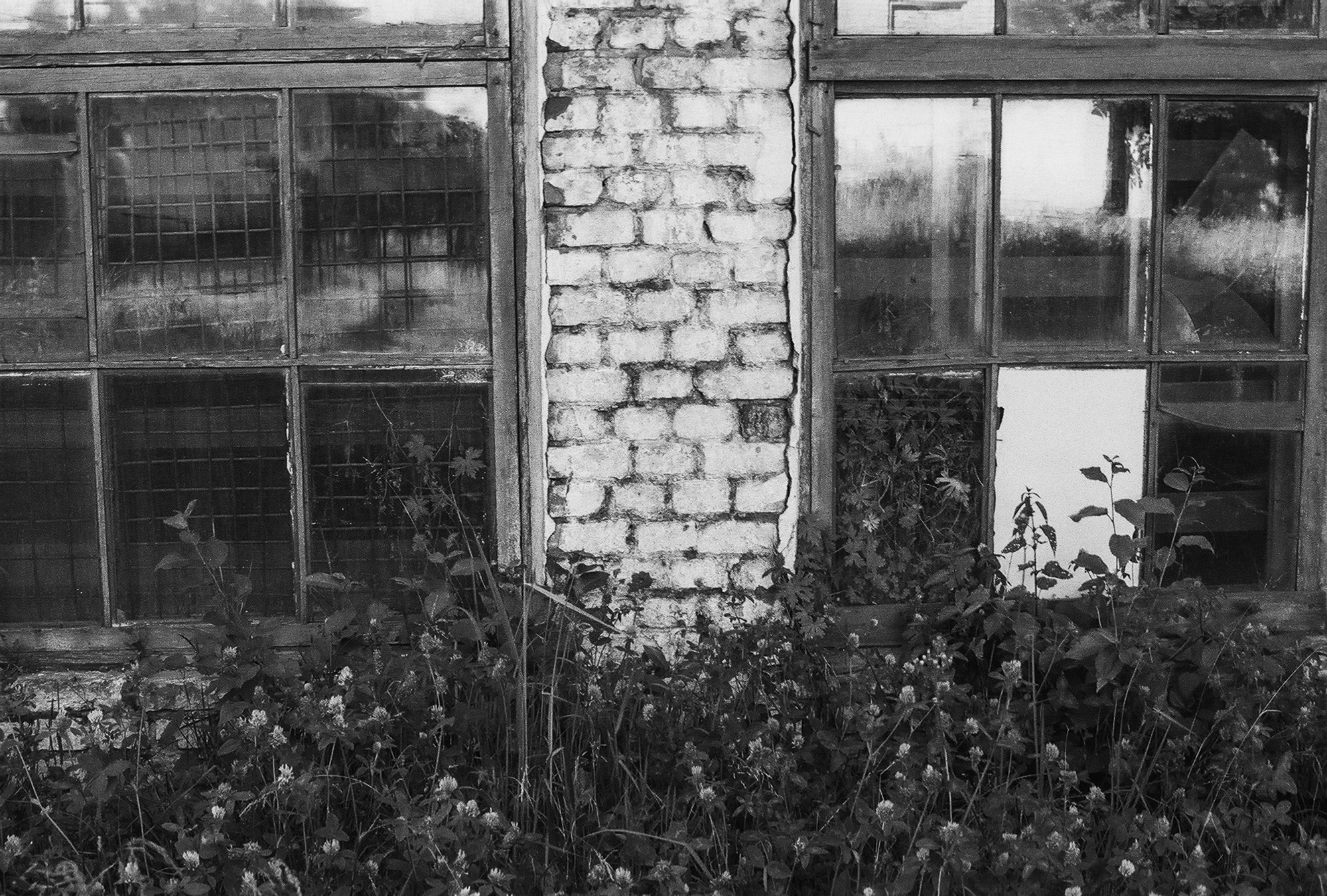
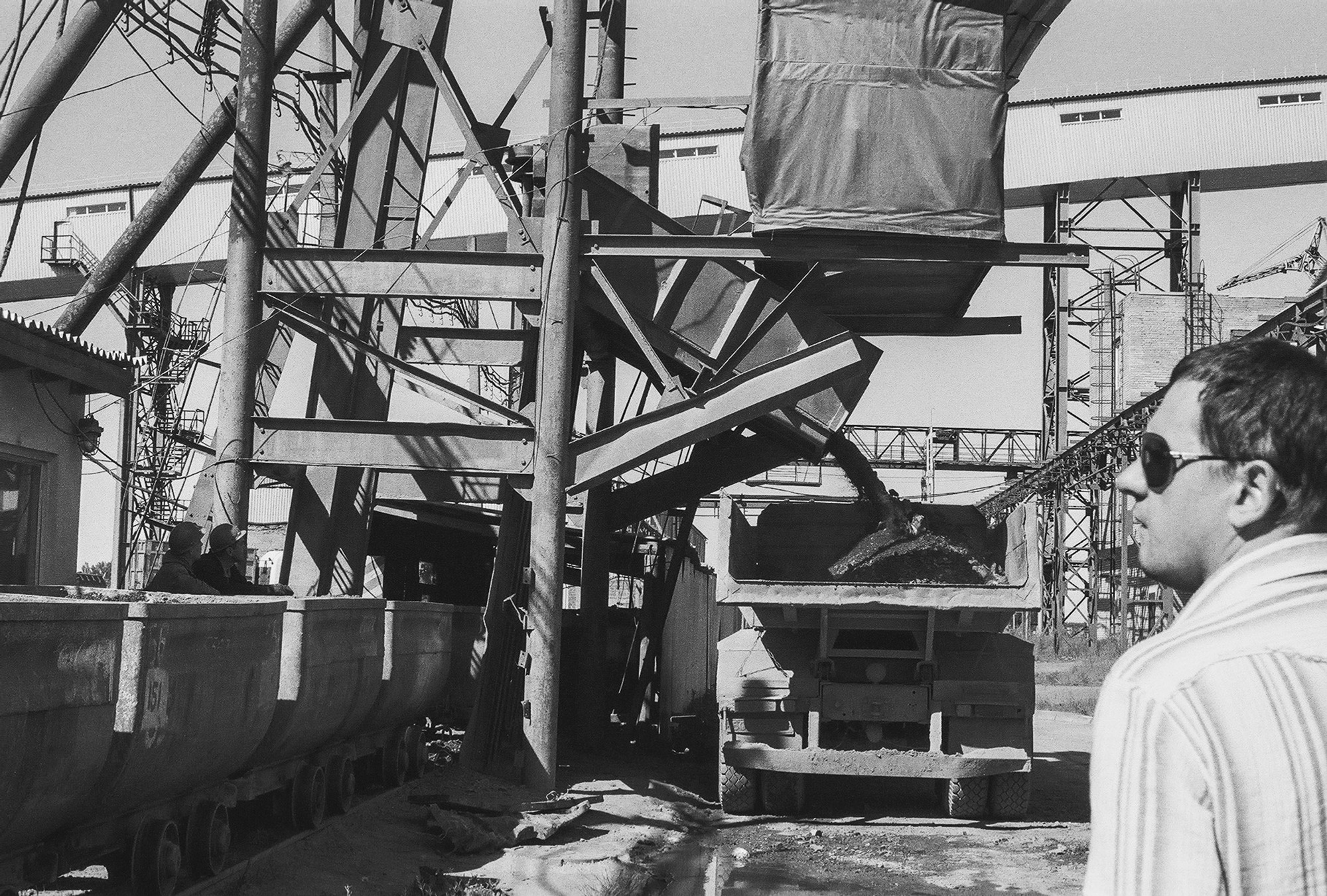
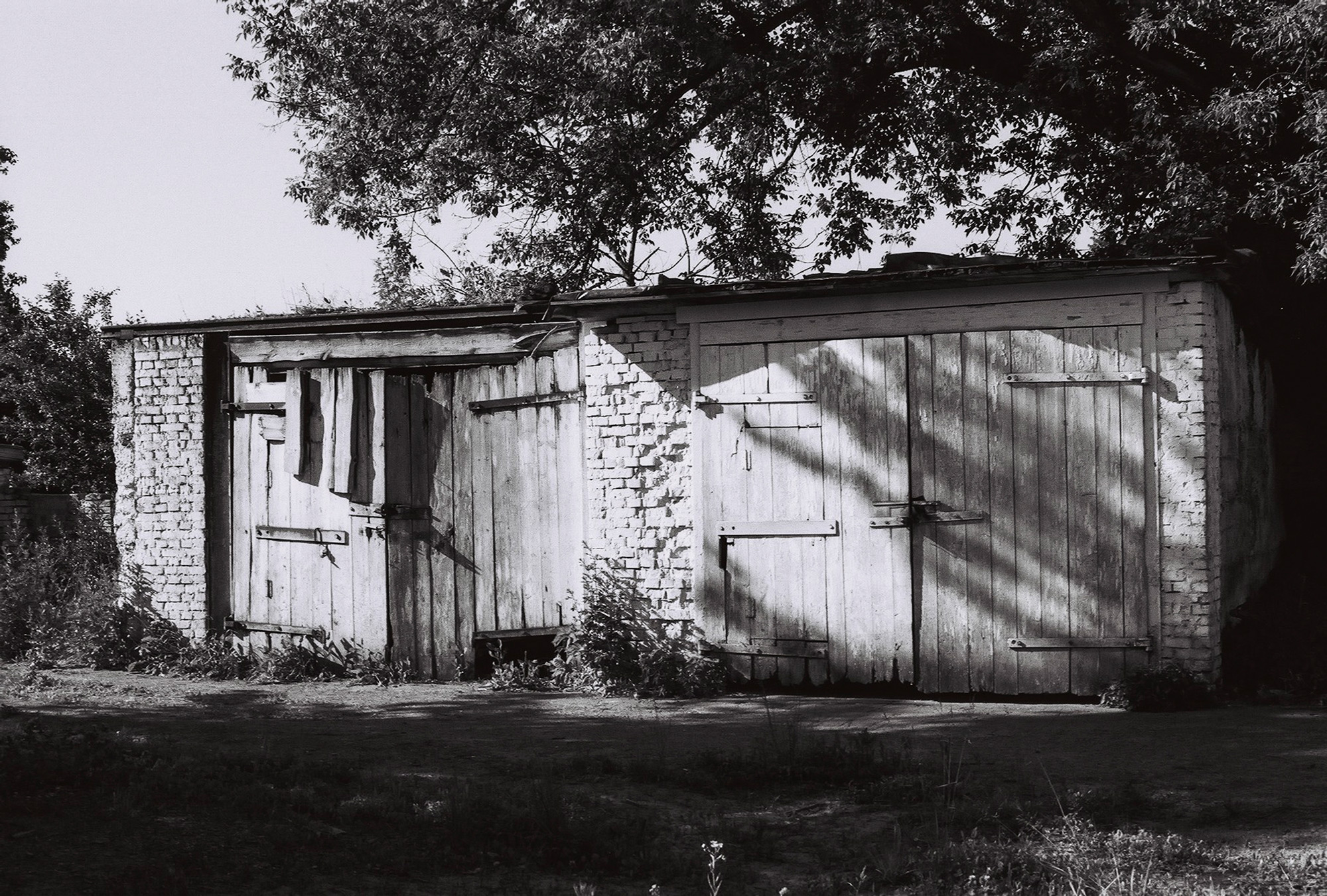
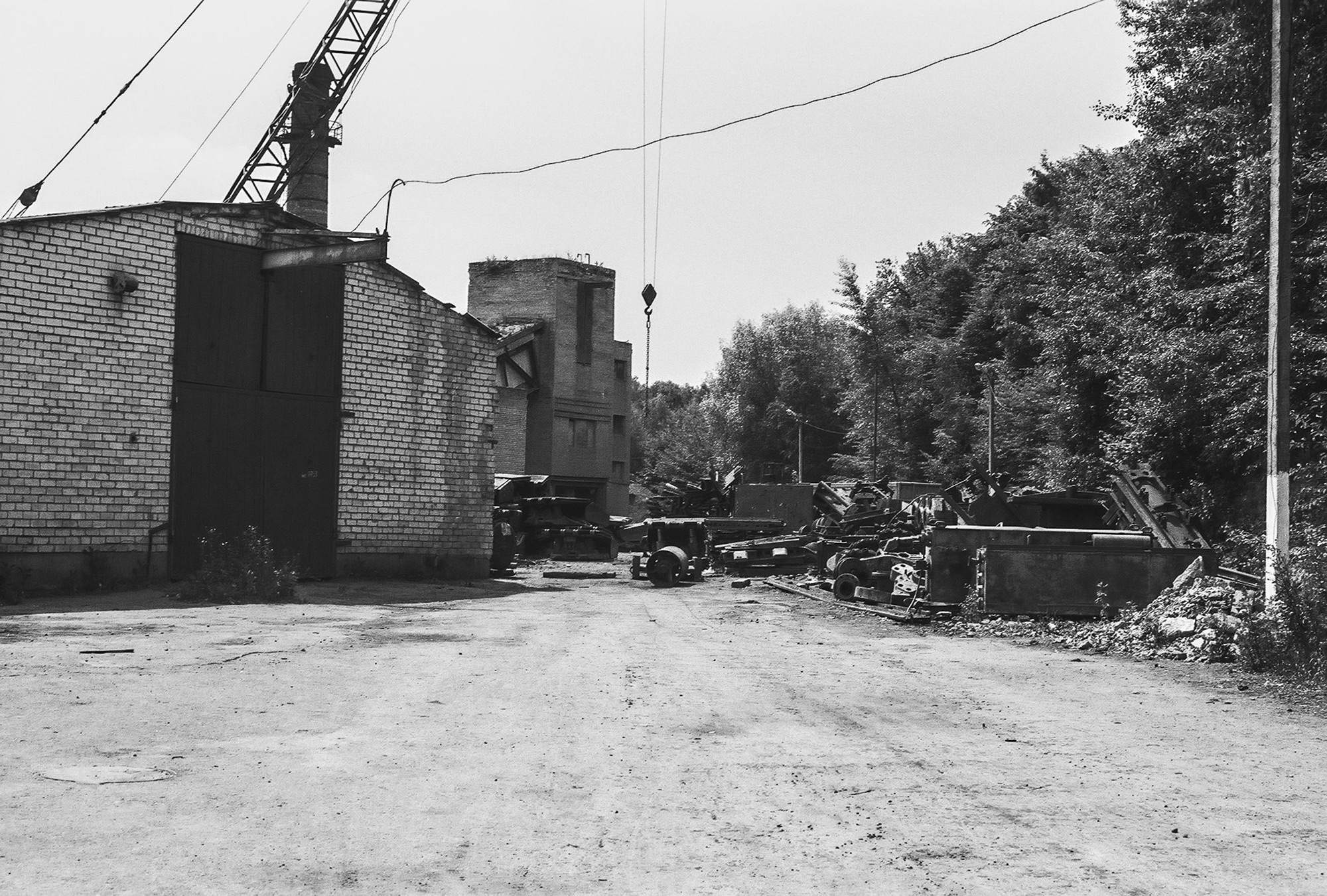
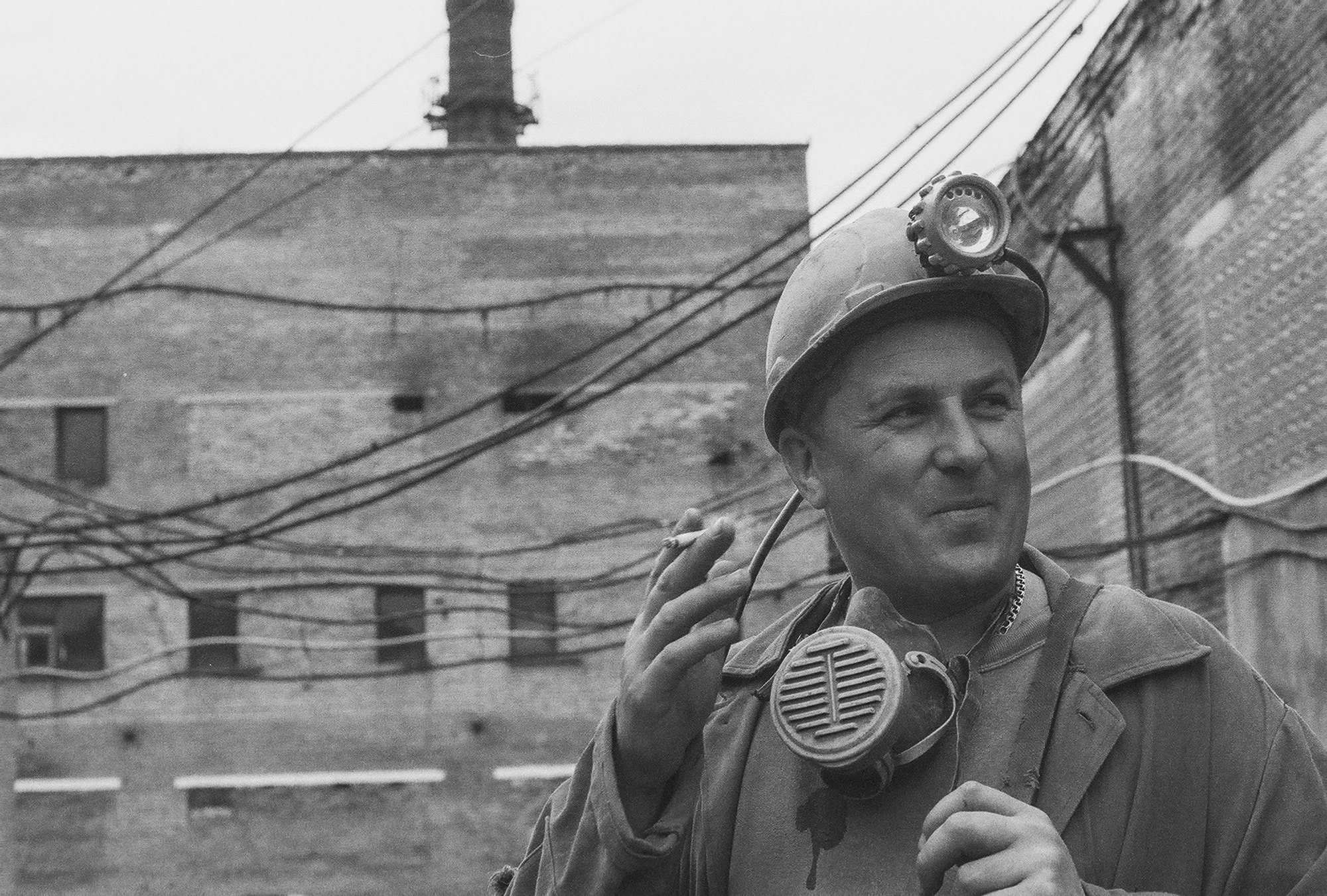
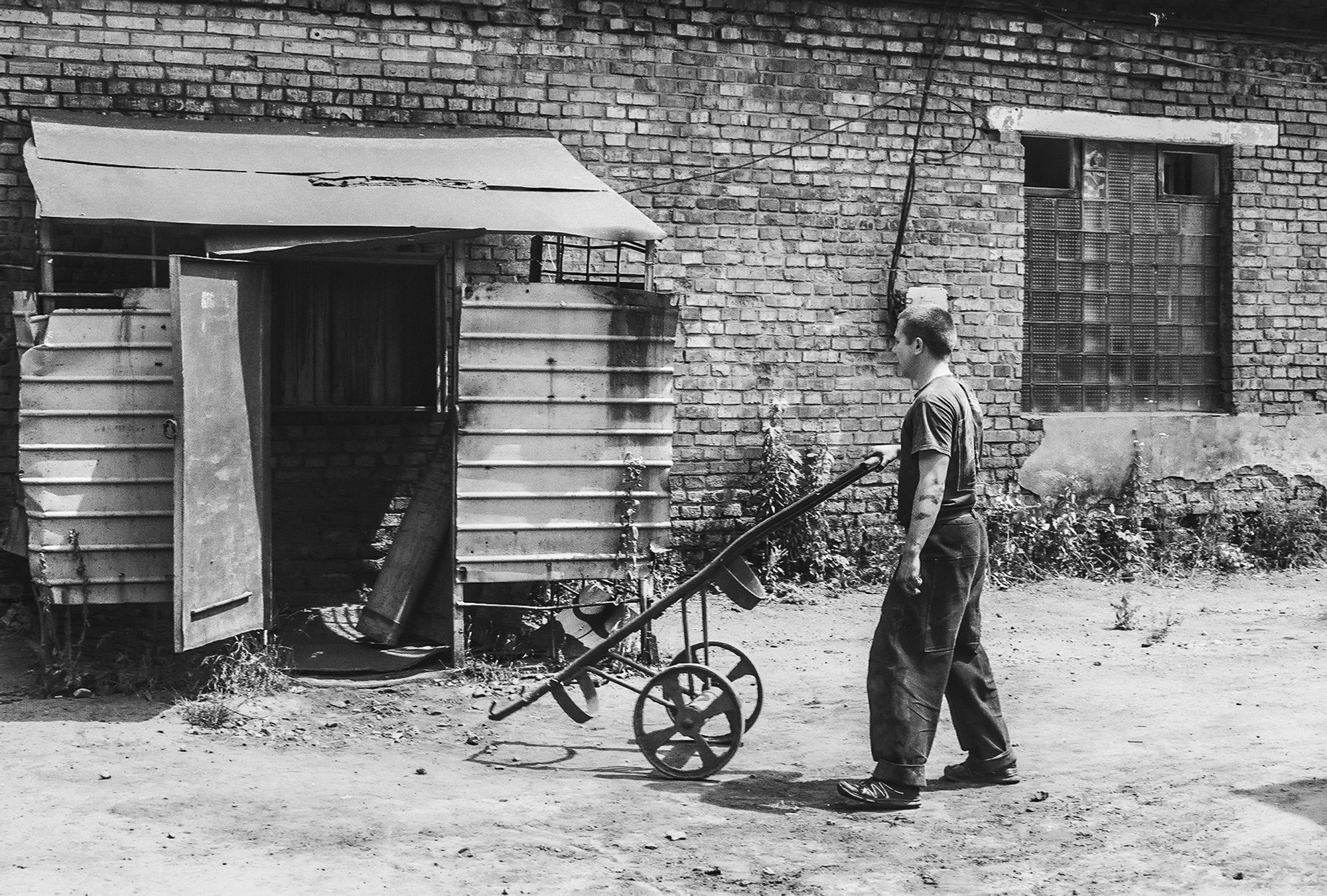
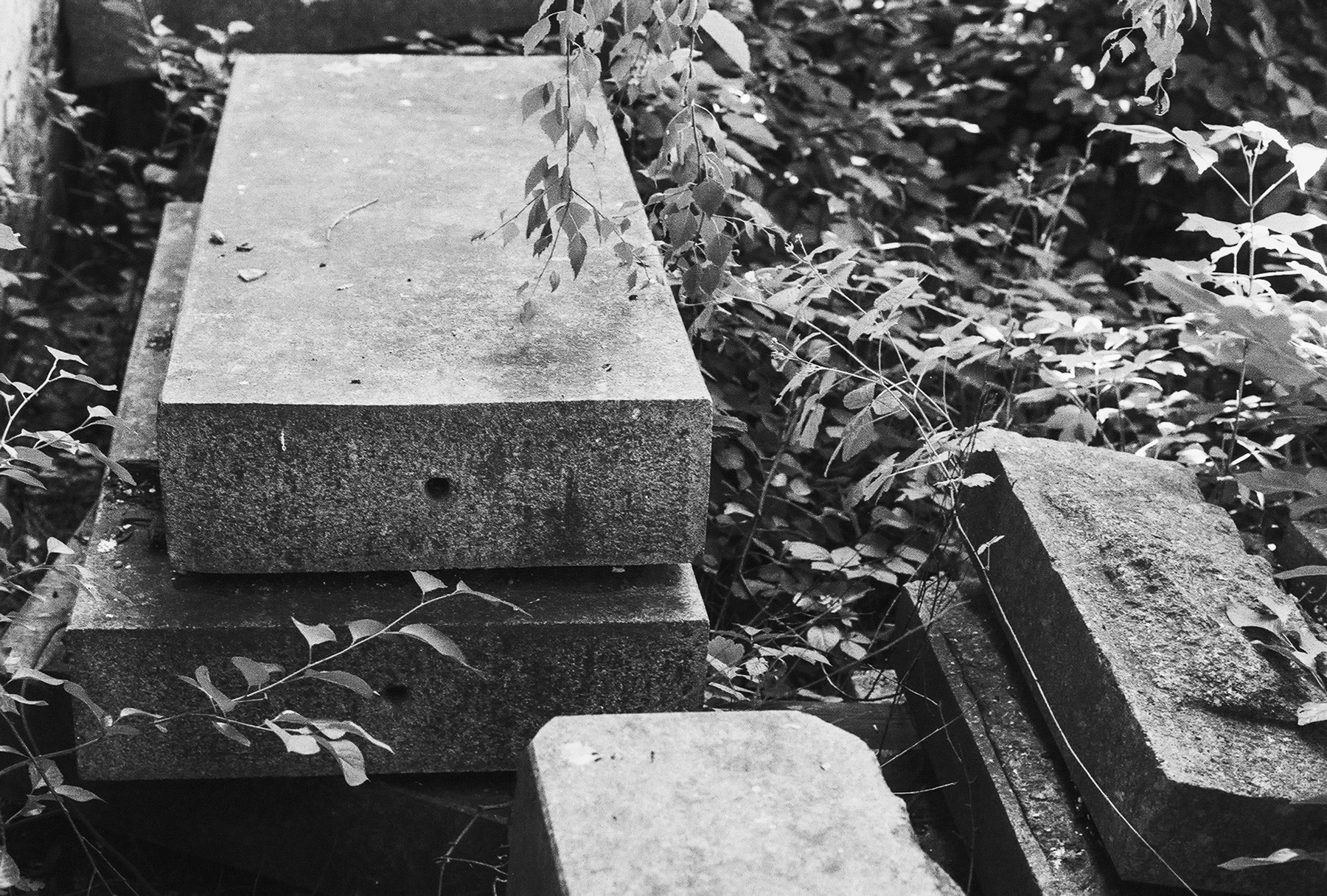
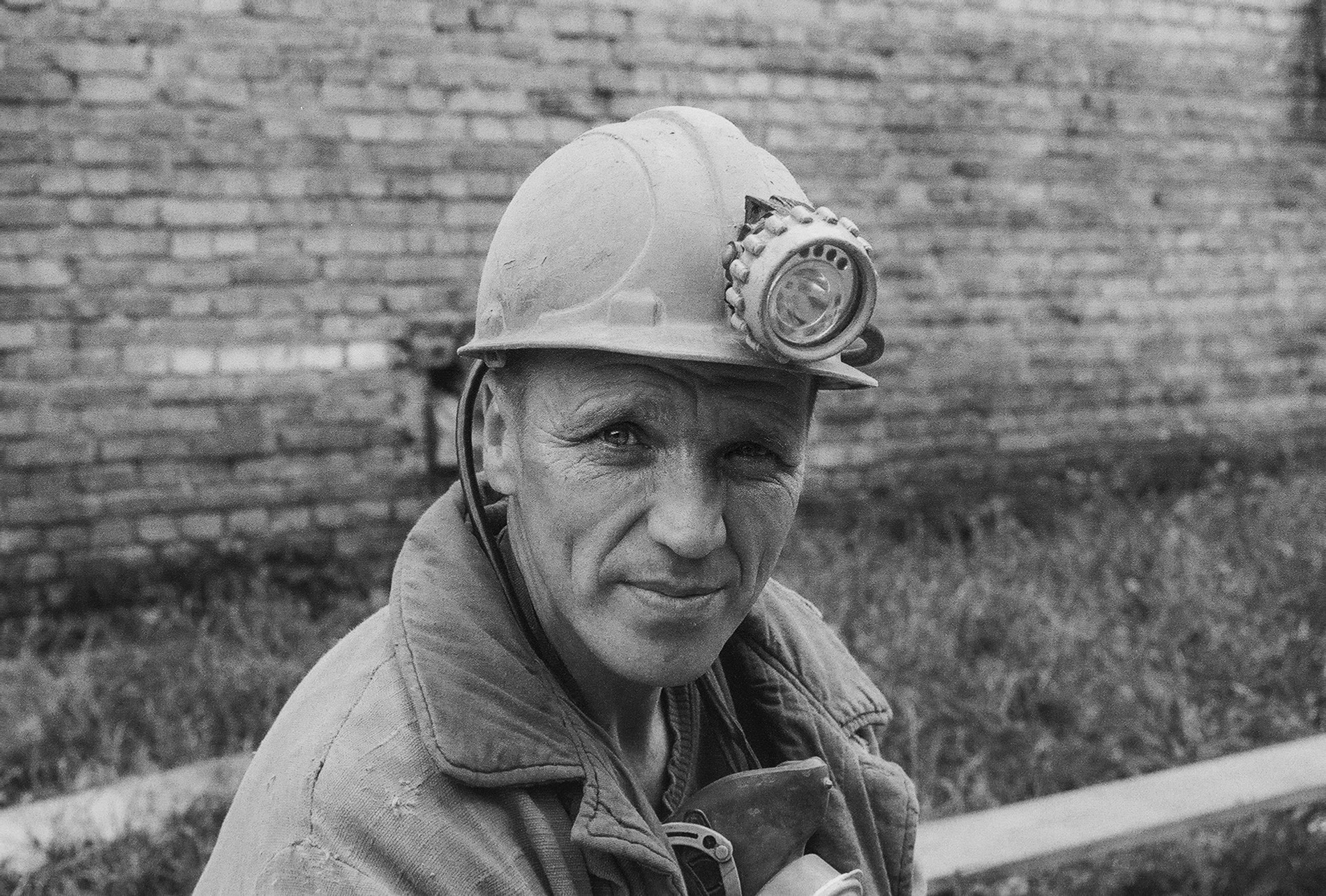
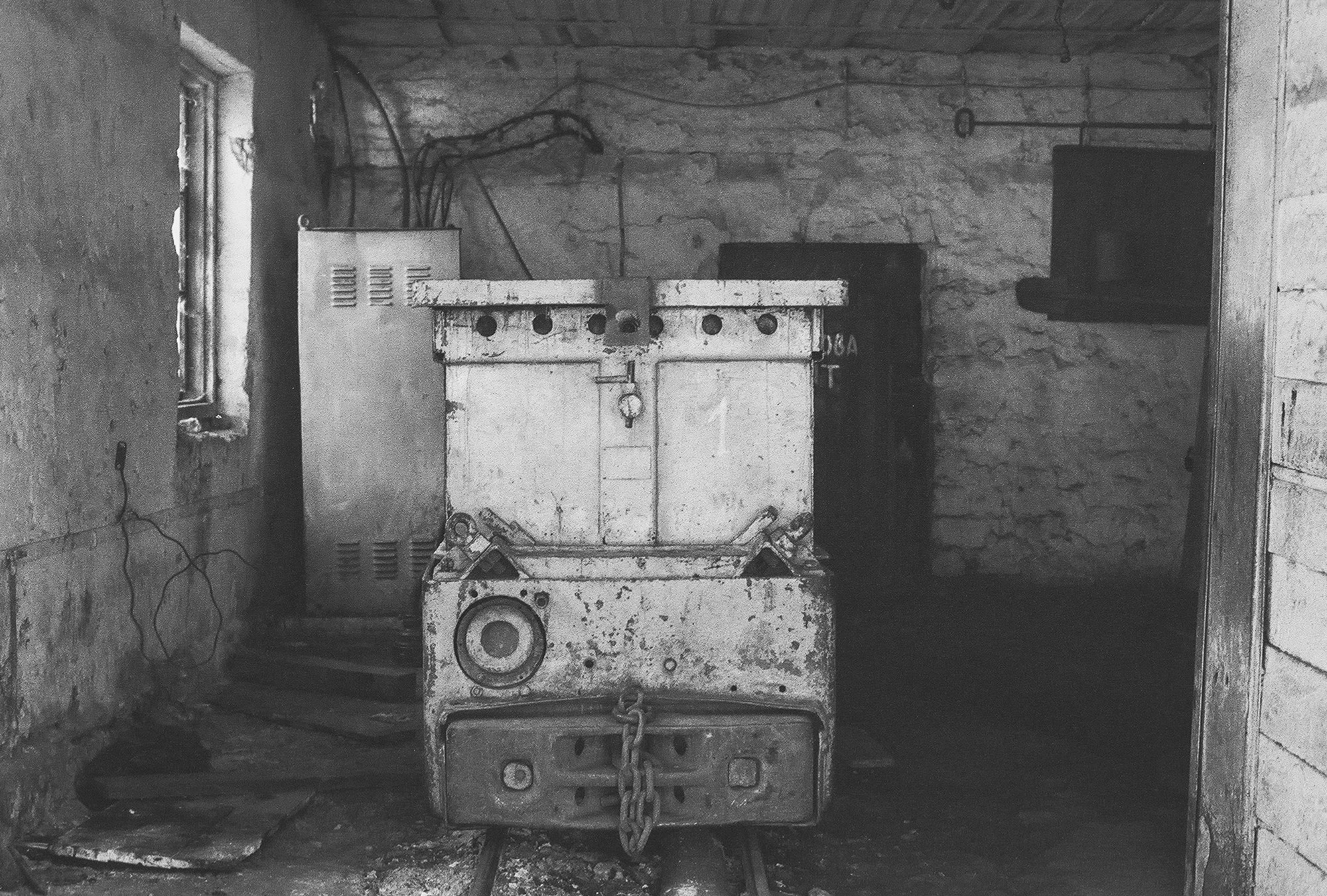
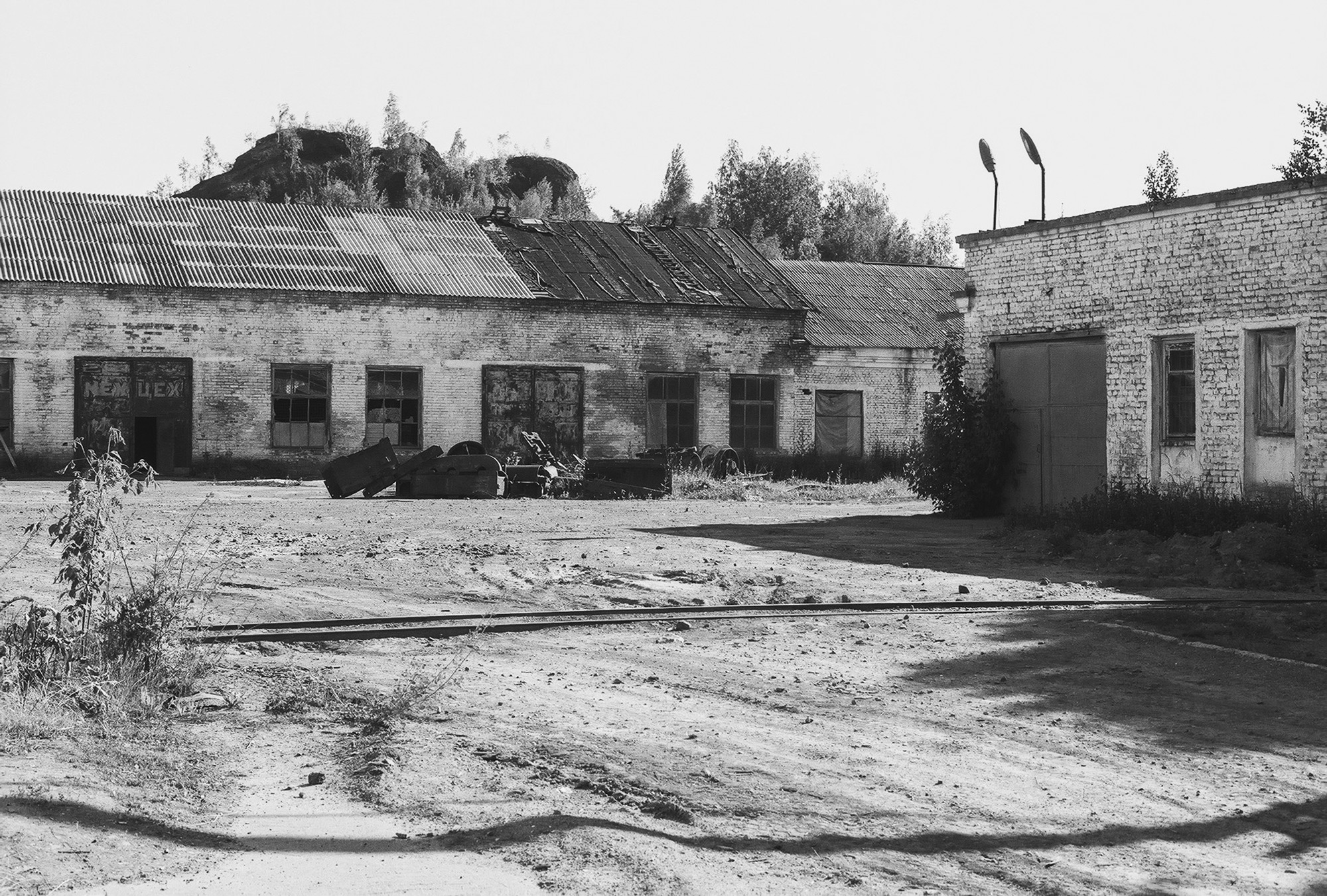
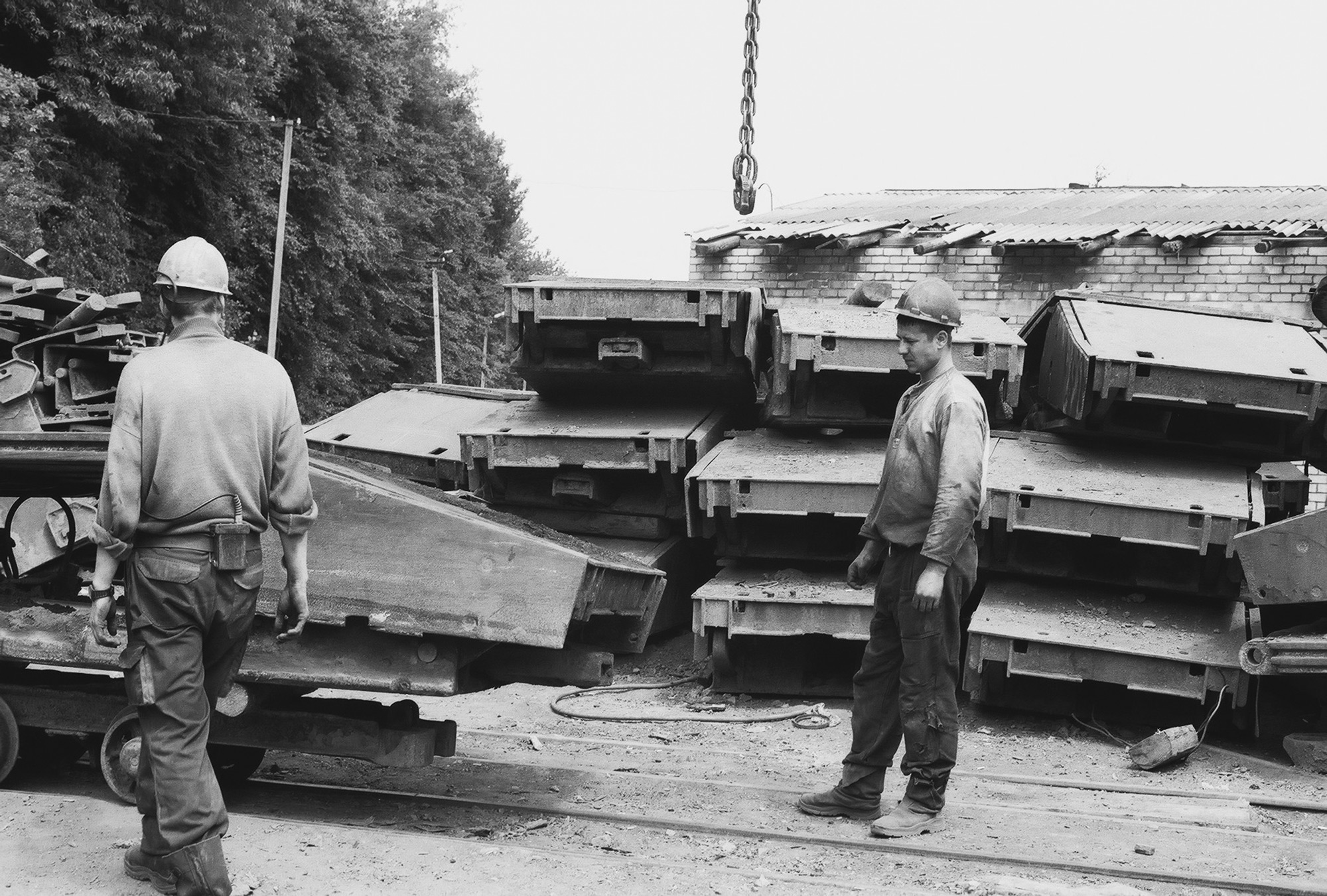
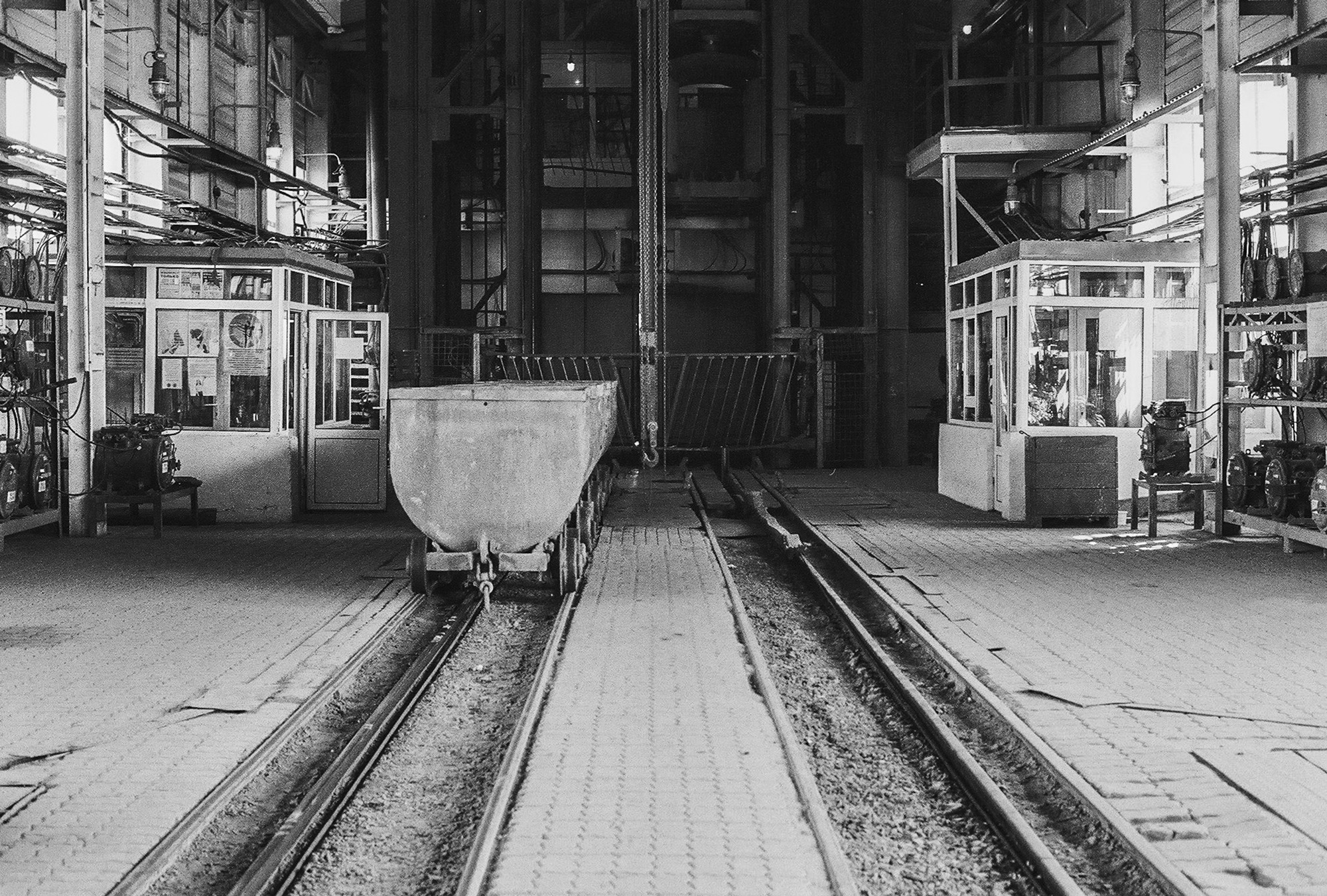
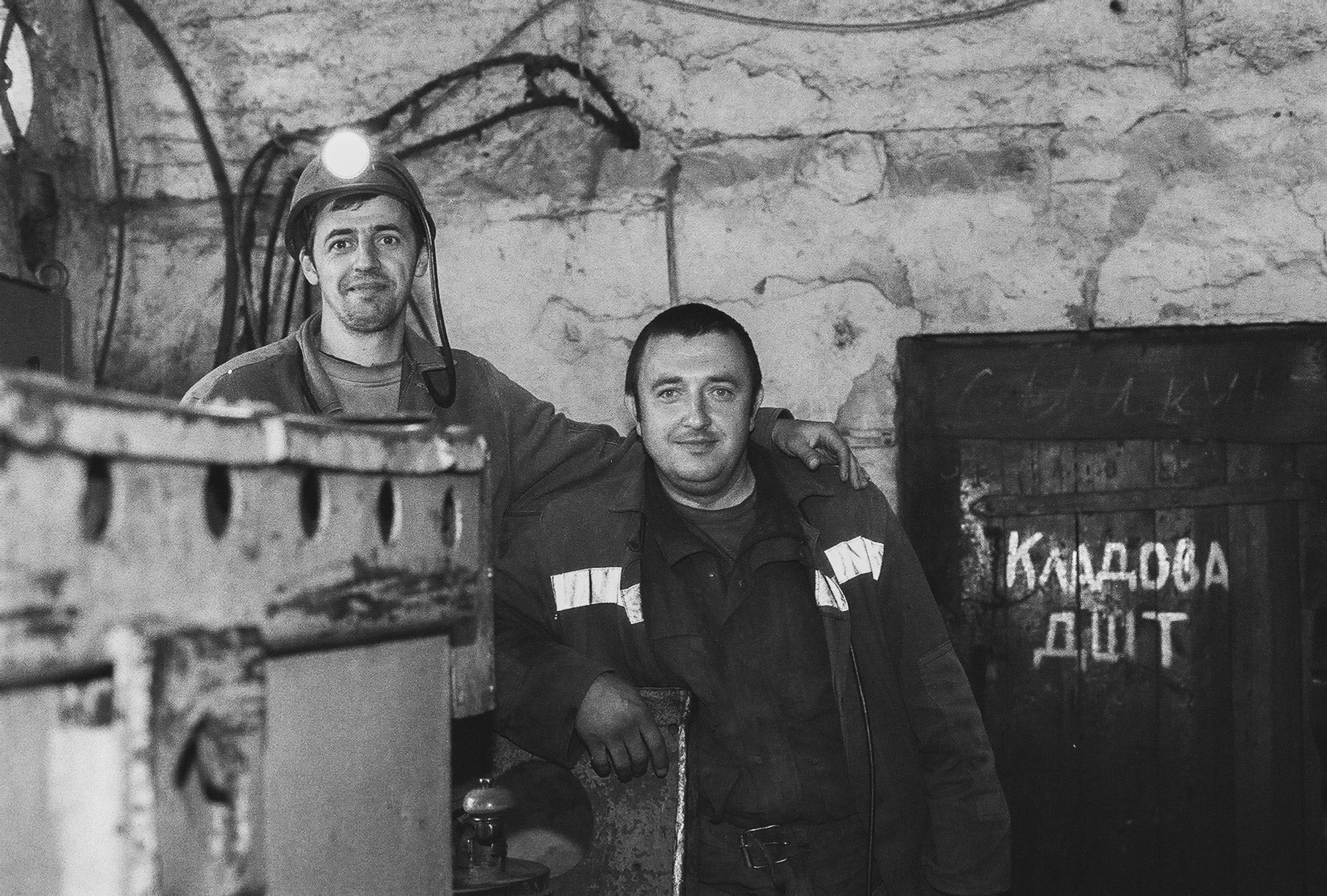
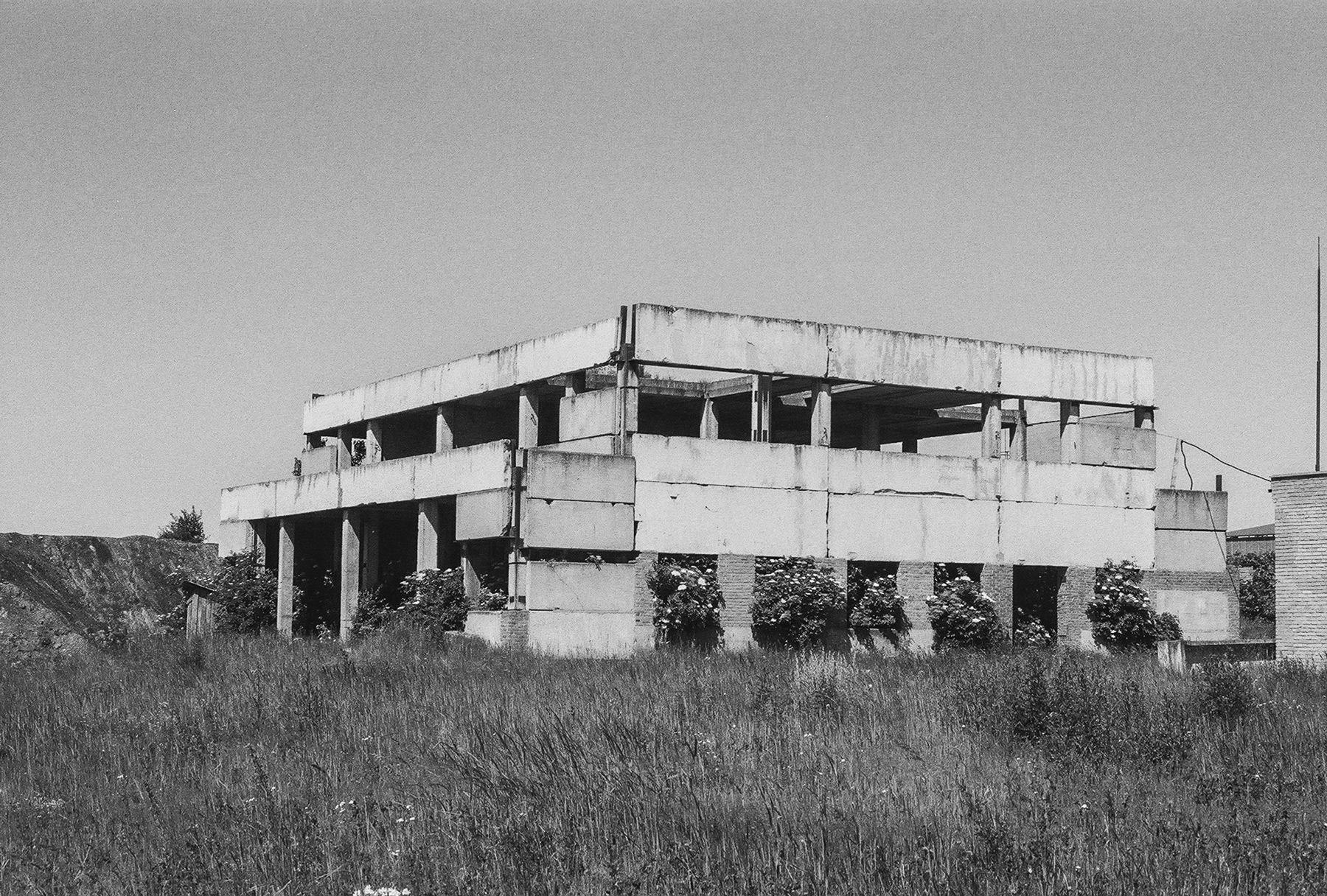
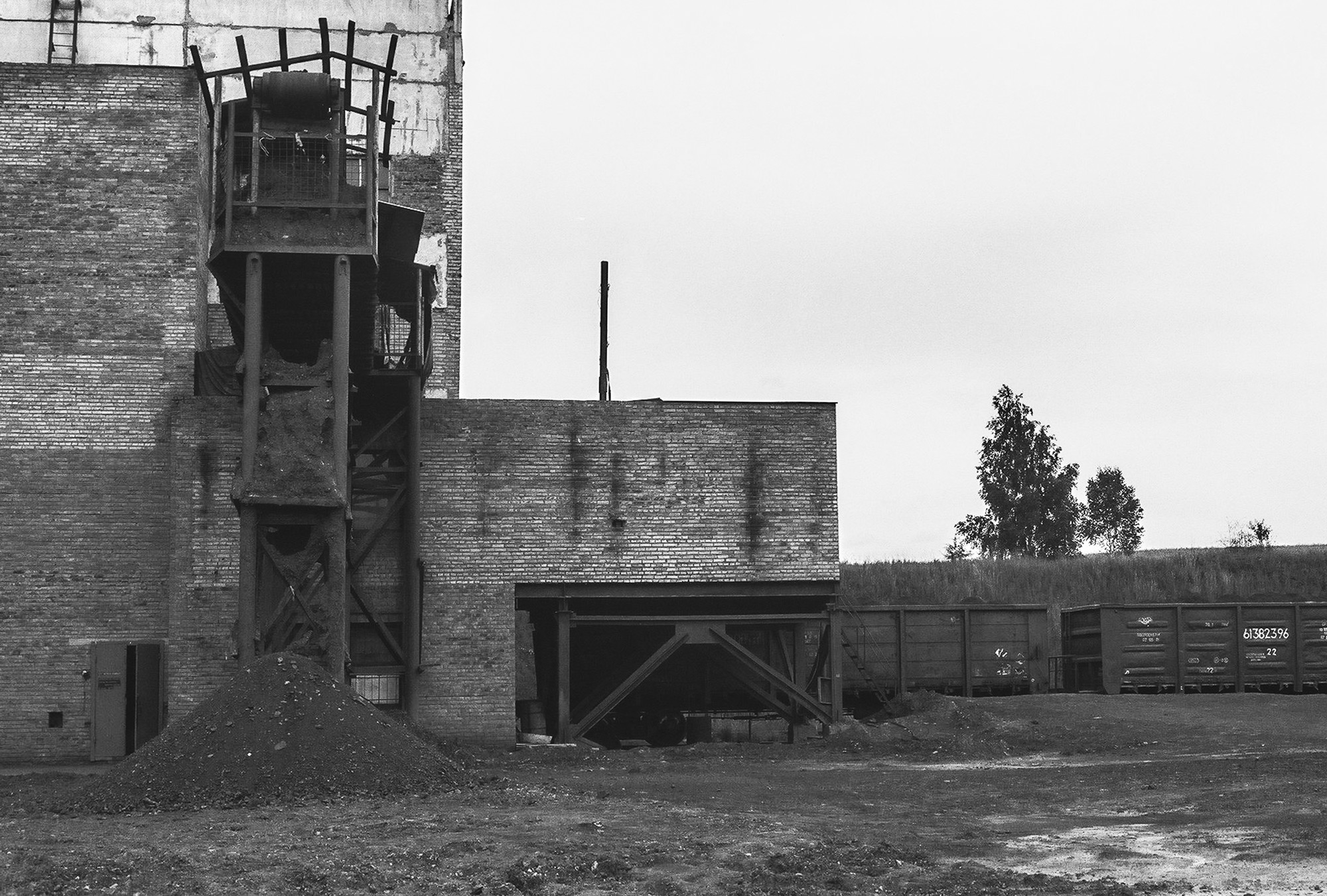
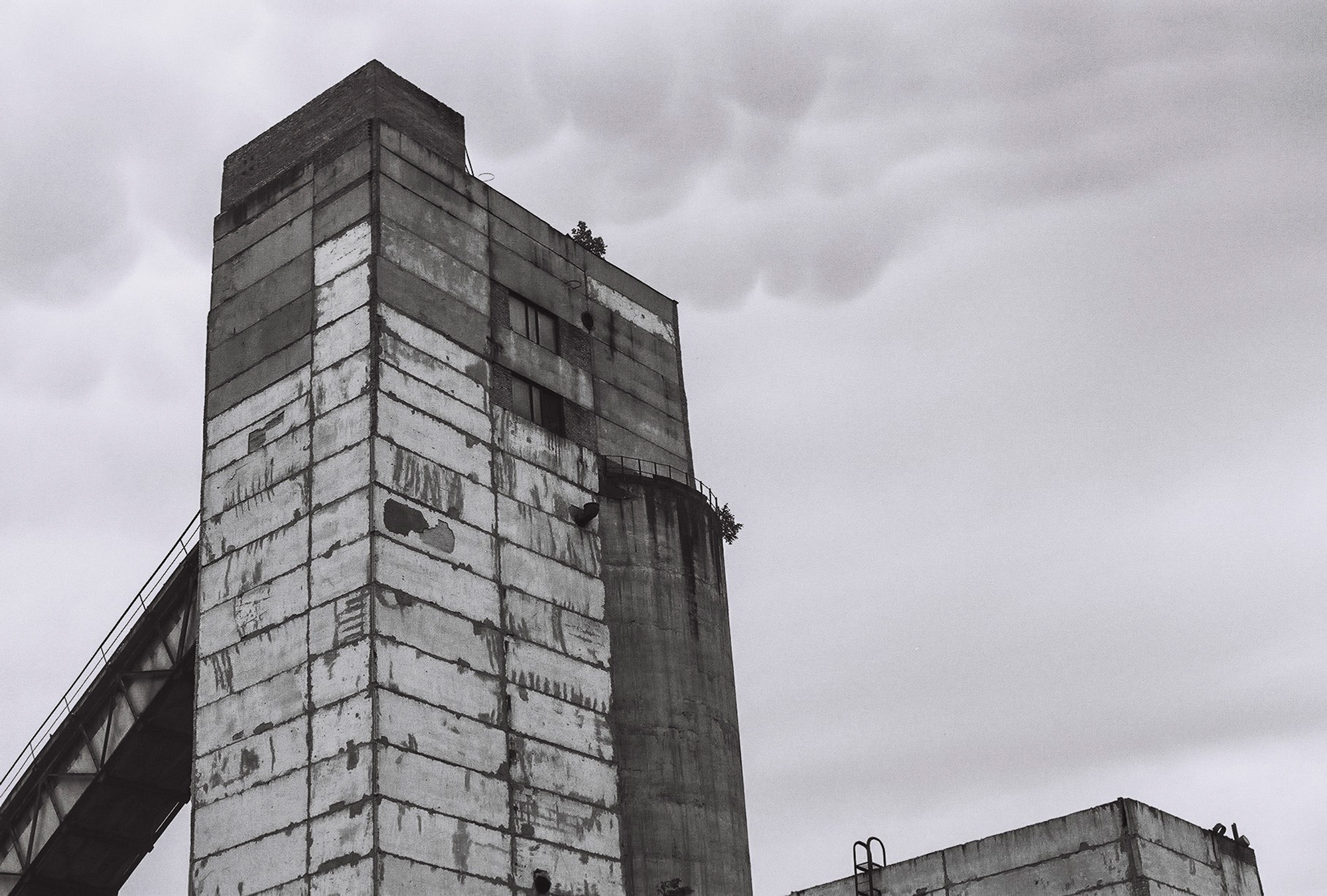
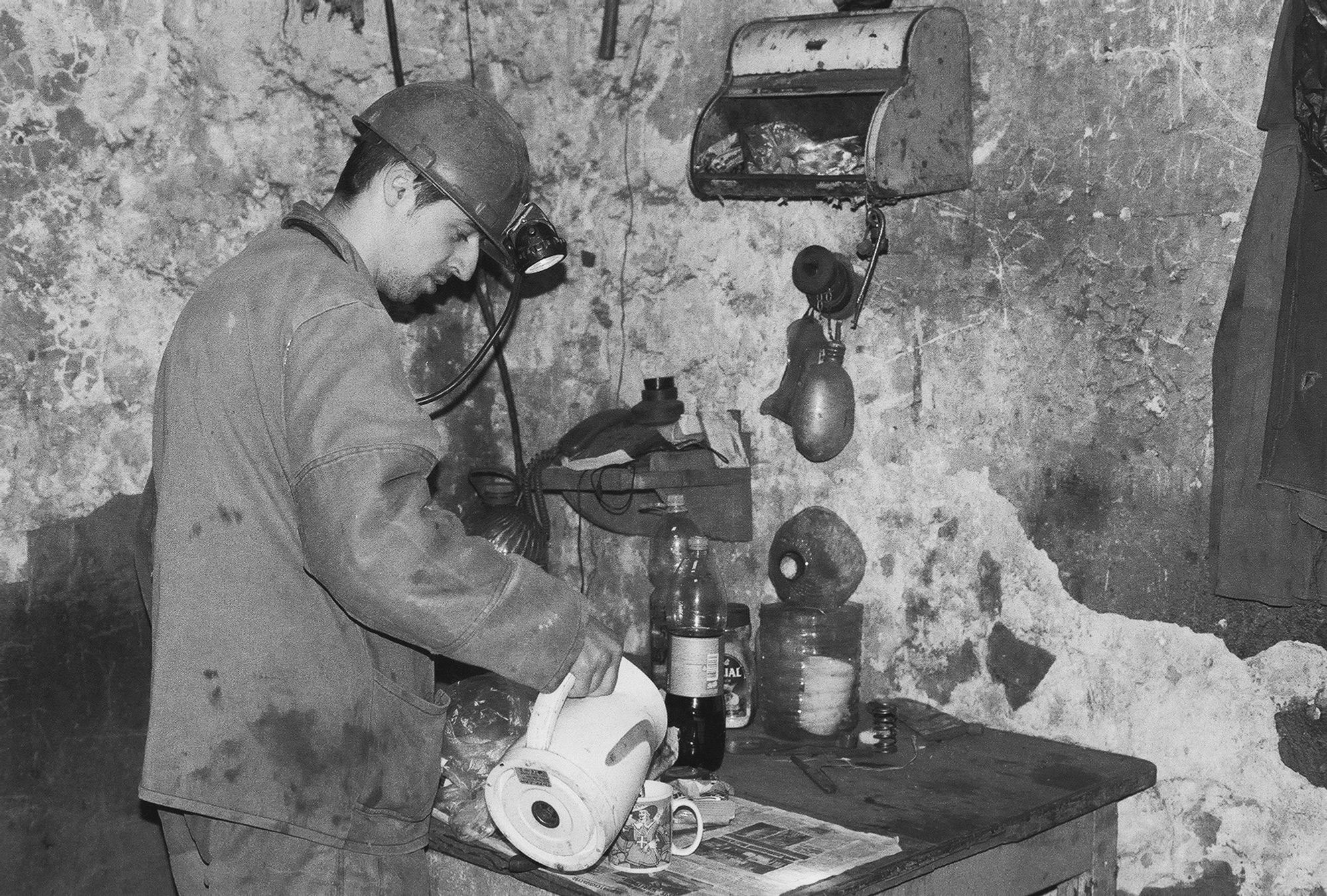
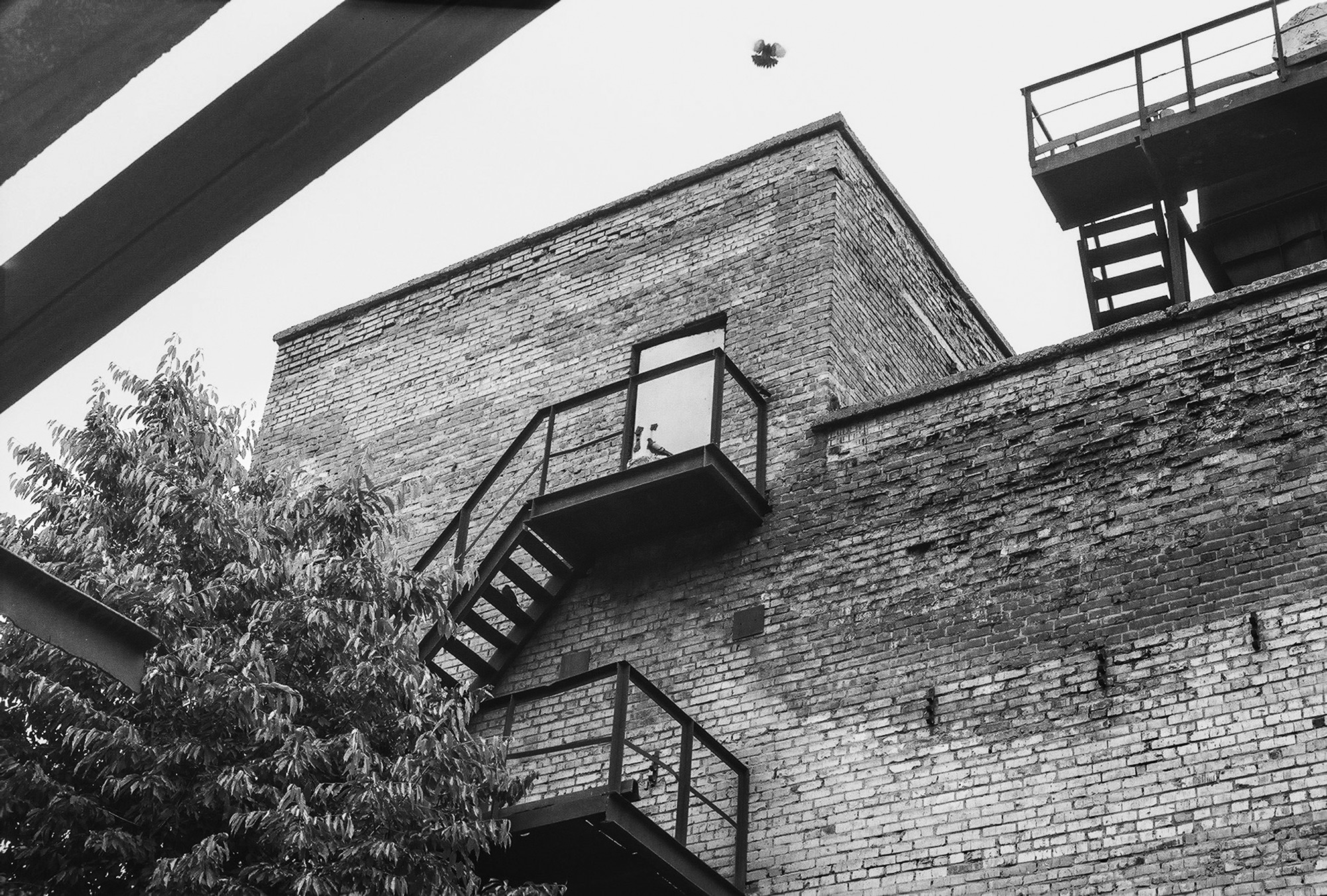
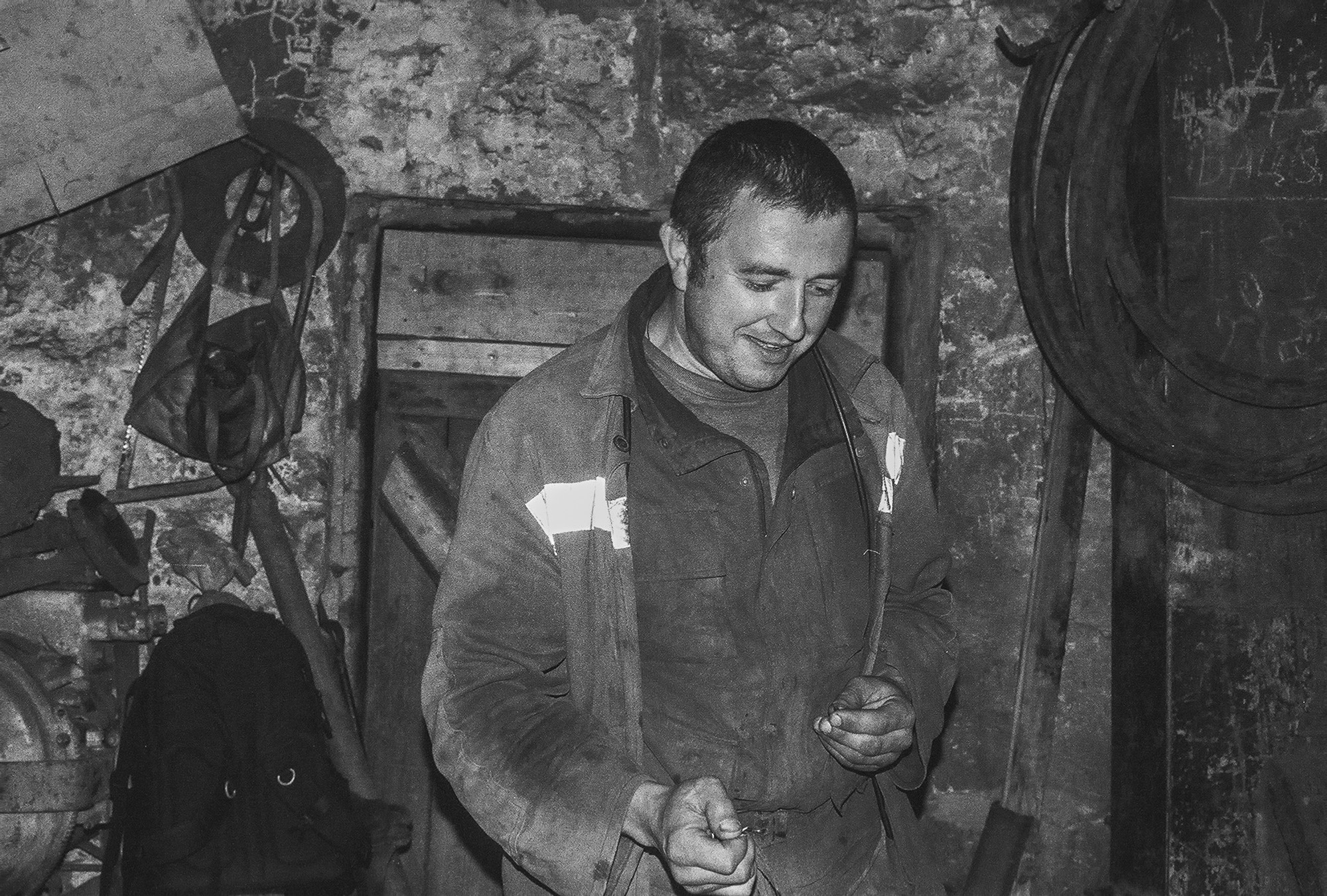
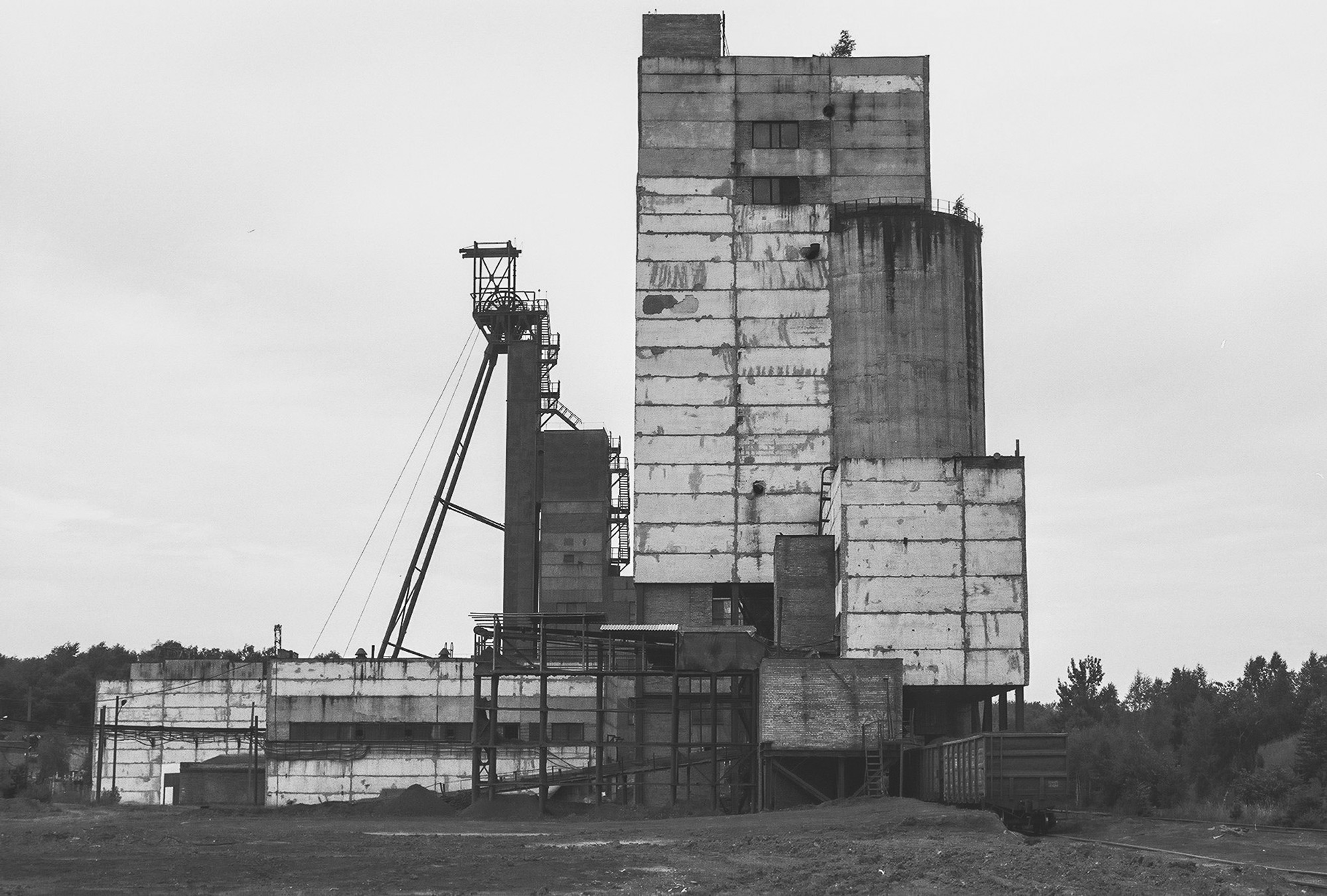
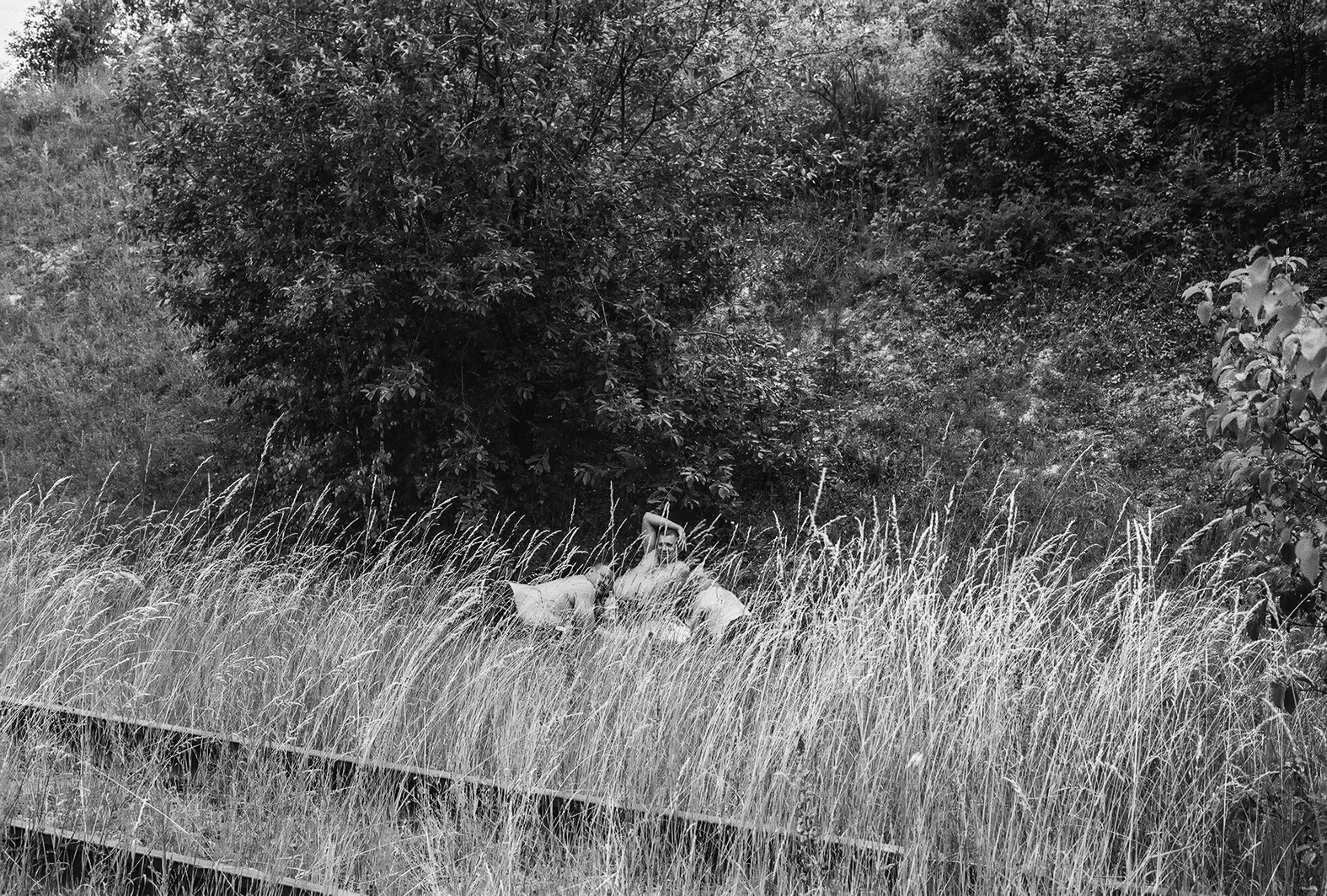
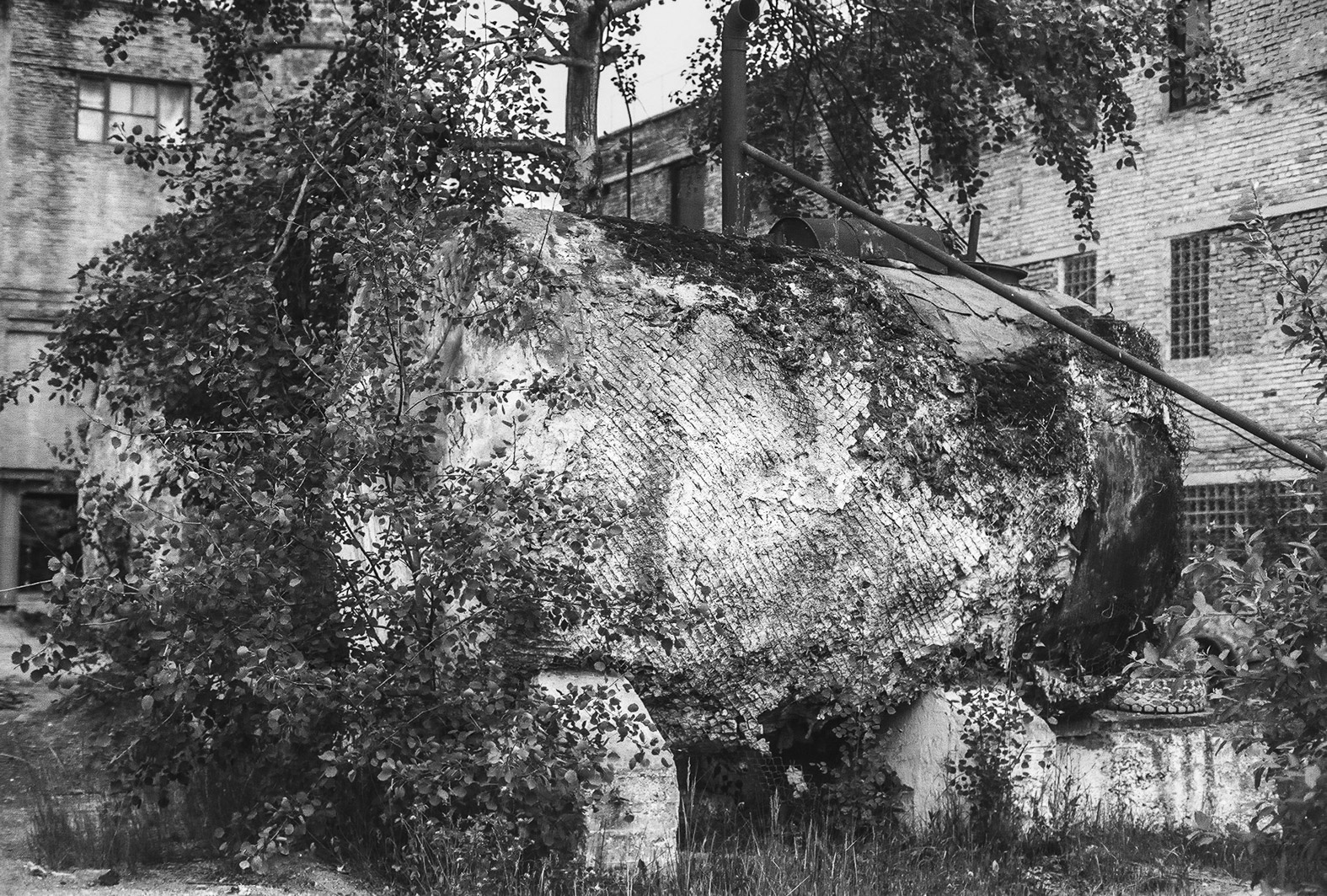
Black and white photographs. Novovolynsk. 2017/2018
The Black and white photographs were taken in a coal seam in Western Ukraine.
They show the landscape of a few government-owned coal mines which were slowly ceasing their activity. Surrounded by nature, they are located near Novovolynsk, a small town close to the Polish border.
They are full of greenery, as if nature has already displaced human activity and taken possession over places abandoned by people.
The workers in the black and white photographs are those who took a stand, fighting throughout 2015 and 2016 not to stop the closure of their mine, but to close it in accordance with environmental norms.
Usually, workers protest for increases in wages, to avoid redundancy, to increase job numbers, to receive compensation, to receive help in requalifying. But this protest was different. Determined not to let this event, as drastic and unexpected as it was, become an ecological catastrophe for the town where they would doubtless be consigned to carry on living, the miners travelled to Kyiv, took part in protests lasting several days, declared a hunger strike, and attempted to attract media attention.
One of the photographs features grassed-over granite slabs. These are headstones which were given to the miners in place of their salaries during the 1990s. It was as if the government wanted to play a joke on them, a joke that has echoes in the present day.
I would like this series not to have a title. It speaks not of an origin but of a disappearance, of the inevitable gap in urban and social space – with nothing planned to fill this gap.
I express gratitude to the Independent Trade Union of Miners of Ukraine for their contribution in helping to create these photographs.
–
Yevgenia Belorusets is an artist and writer who lives and works in Kyiv and Berlin. She is the founder of Prostory.net.ua, the journal for literature, art and politics, and is a member of the curatorial group Hudrada.
–